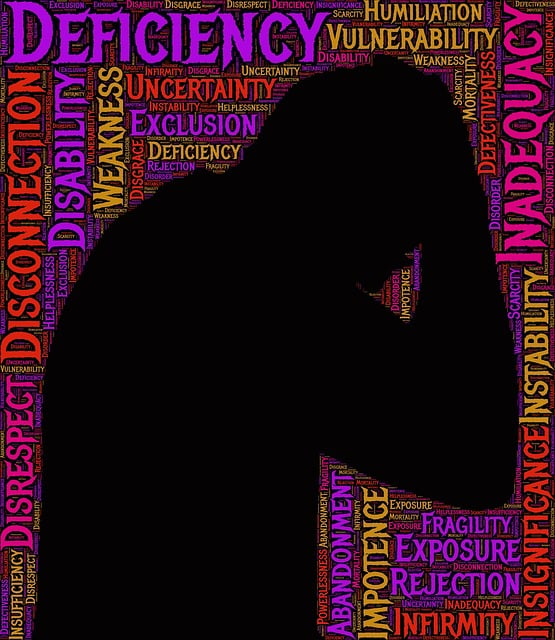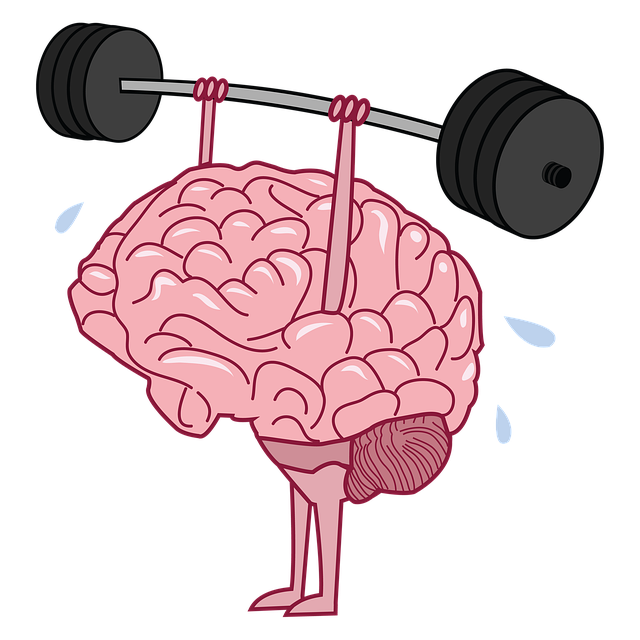Lafayette First Responders Therapy is a specialized program dedicated to supporting emergency service personnel's mental well-being. It offers a confidential, safe space for group sessions focused on processing traumatic experiences, managing stress, and cultivating resilience. Through active listening, empathy-building, and practical coping tools, the program enhances participants' emotional strength and adaptability, fostering a supportive community among first responders. Measuring success involves tracking improvements in mental health markers and promoting strategies like compassion cultivation and regular check-ins, aiming for sustained well-being among this dedicated group.
- Understanding Lafayette First Responders Therapy: A Unique Approach
- Creating a Safe and Supportive Environment for Group Sessions
- Facilitating Effective Communication and Connection Among Members
- Incorporating Therapeutic Techniques to Address Mental Health Challenges
- Measuring Success and Promoting Ongoing Well-being Within the Group
Understanding Lafayette First Responders Therapy: A Unique Approach

Creating a Safe and Supportive Environment for Group Sessions

Creating a safe space is paramount when facilitating group sessions for mental wellness. At Lafayette First Responders Therapy, we understand that fostering an environment of trust and support is essential for participants to feel comfortable sharing their experiences and insights. Techniques like active listening, open-ended questions, and reflective statements encourage every individual to feel seen and heard, promoting a sense of belonging. This approach not only enhances participation but also strengthens the therapeutic bond among group members.
Additionally, incorporating empathy building strategies and self-care practices into the group dynamic further solidifies this safe haven. By emphasizing resilience-focused discussions and teaching practical tools for coping with stress, facilitators enable participants to cultivate emotional strength and adaptability. Ultimately, these strategies contribute to a nurturing atmosphere where individuals can embark on their journeys towards improved mental wellness with confidence and support from their fellow group members.
Facilitating Effective Communication and Connection Among Members

In a mental wellness group setting, facilitating effective communication and connection among members is paramount for creating a supportive environment. Group facilitators at Lafayette First Responders Therapy play a crucial role in fostering open dialogue by promoting active listening, ensuring every member feels heard and valued. This approach not only enhances trust but also encourages participants to share their experiences and perspectives honestly.
Using strategies like round-robin discussions, where each individual takes turns sharing their thoughts, helps to build camaraderie and cultural sensitivity in mental healthcare practice. By embracing empathy building strategies, facilitators create a safe space where members can connect on deeper levels, leading to improved stress management workshops organization within the group. This collective understanding and support are essential for navigating mental health challenges collectively.
Incorporating Therapeutic Techniques to Address Mental Health Challenges

Measuring Success and Promoting Ongoing Well-being Within the Group

Measuring success within a mental wellness group goes beyond simple attendance or participation. As facilitators, we must assess the collective and individual progress of members, focusing on their ability to apply learned coping mechanisms in daily life. This involves tracking improvements in symptoms of anxiety, depression, stress, and other mental health markers through regular surveys or personal reflections. For example, at Lafayette First Responders Therapy, facilitators use structured assessments to gauge changes in participants’ resilience and self-care practices over time.
Promoting ongoing well-being requires a multifaceted approach. Group discussions on compassion cultivation practices can foster empathy and self-compassion, boosting confidence and reducing burnout. Regular check-ins with members help identify emerging challenges and provide opportunities for reinforcement of learned skills. Additionally, encouraging group members to set personal goals and track their progress fosters a sense of accomplishment and reinforces the practice of self-care, ultimately contributing to sustained mental wellness.
Lafayette First Responders Therapy offers a unique and effective approach to mental wellness group facilitation, prioritizing the creation of safe, supportive environments. By fostering open communication and connection among members, facilitators incorporate therapeutic techniques tailored to address specific mental health challenges. This comprehensive strategy, combined with ongoing measurement of success and promotion of well-being, ensures that groups are not only productive but also transformative. Adopting these techniques can significantly enhance the effectiveness of mental wellness support networks.








